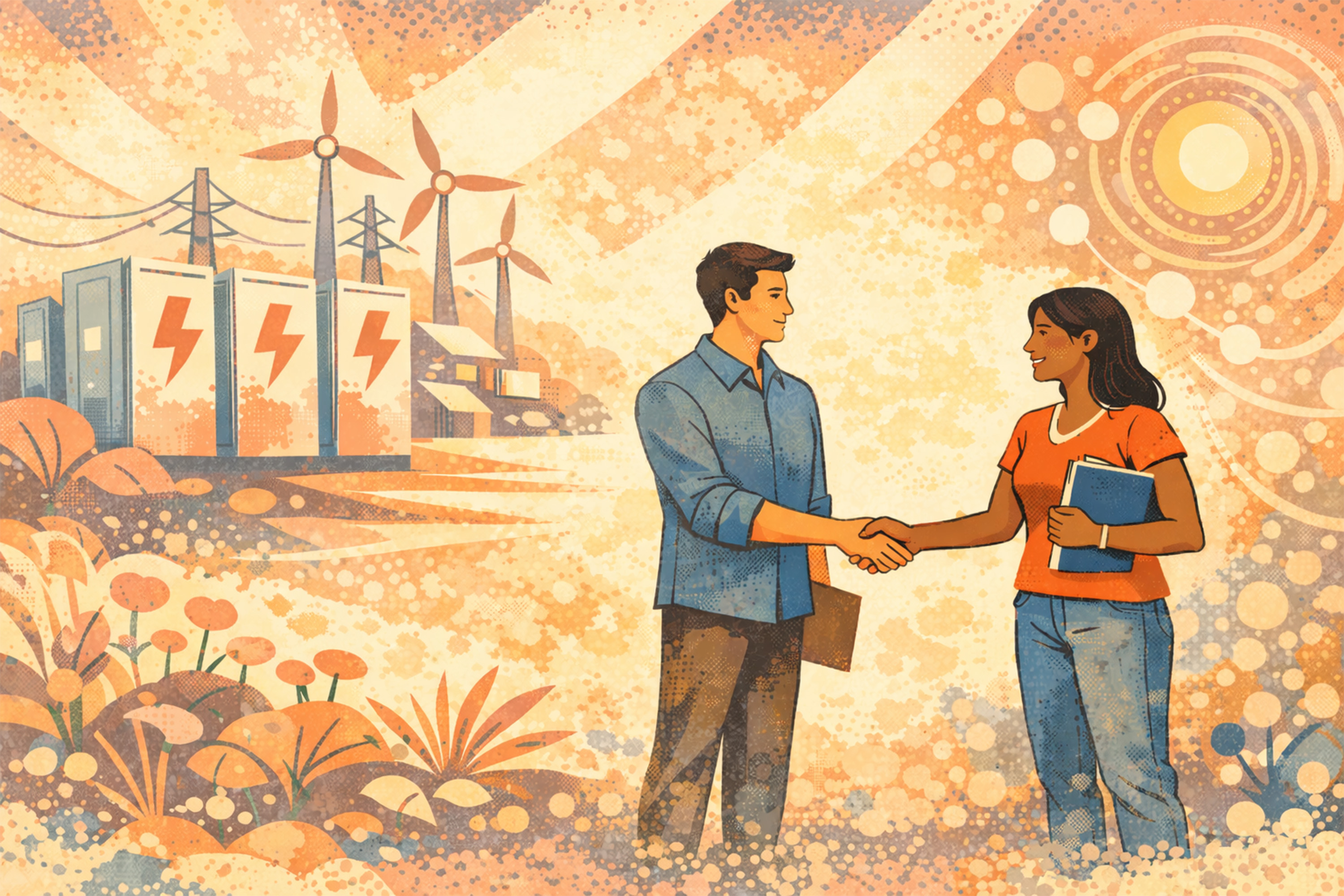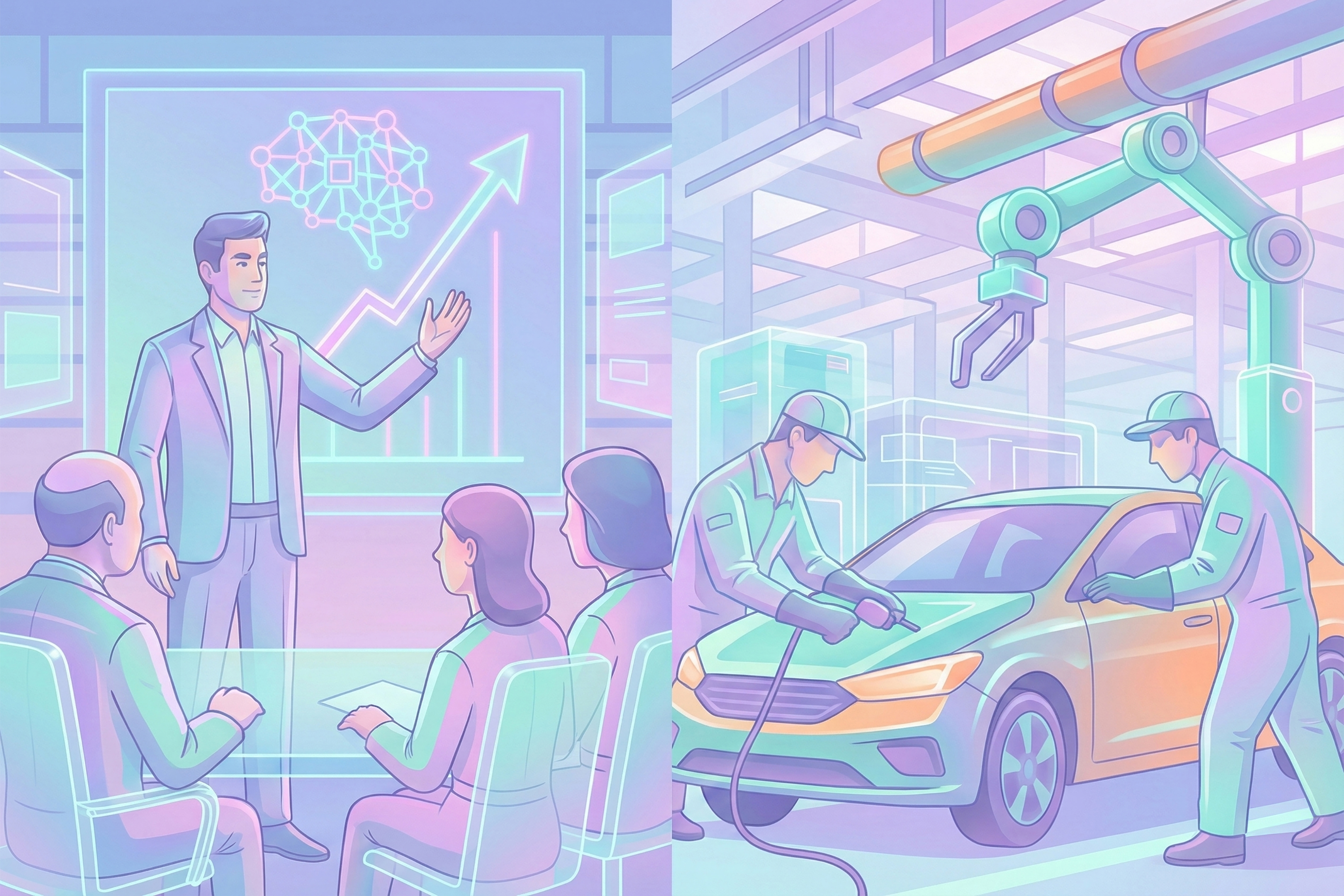
A lot has been written about the unfolding European Digital Strategy to reclaim the digital sphere from private interests and make it more equitable and fair. However, the EU is also becoming a regulatory superpower in the non-digital realm. This month, for example, the European Parliament paved the way for new European legislation that stresses corporate accountability and due diligence for human rights within value chains. Furthermore, the ECB aspires to become a pioneer in fighting climate change, by slashing bond purchases by heavy carbon emitters and advancing “green bonds” and integrating climate risk in its stress tests for the banking sector. And last year, the EU adopted new “eco-design measures” that should make it easier to repair – rather than replace – old household appliances, such as washing machines, dishwashers and refrigerators. All these measures are meant to create more equitable and sustainable consumer practices, production processes, and value chains in the real economy. As such, the EU is leveraging the “Brussels Effect” to begin to establish the meta-rules of the Second Deep Transition.

